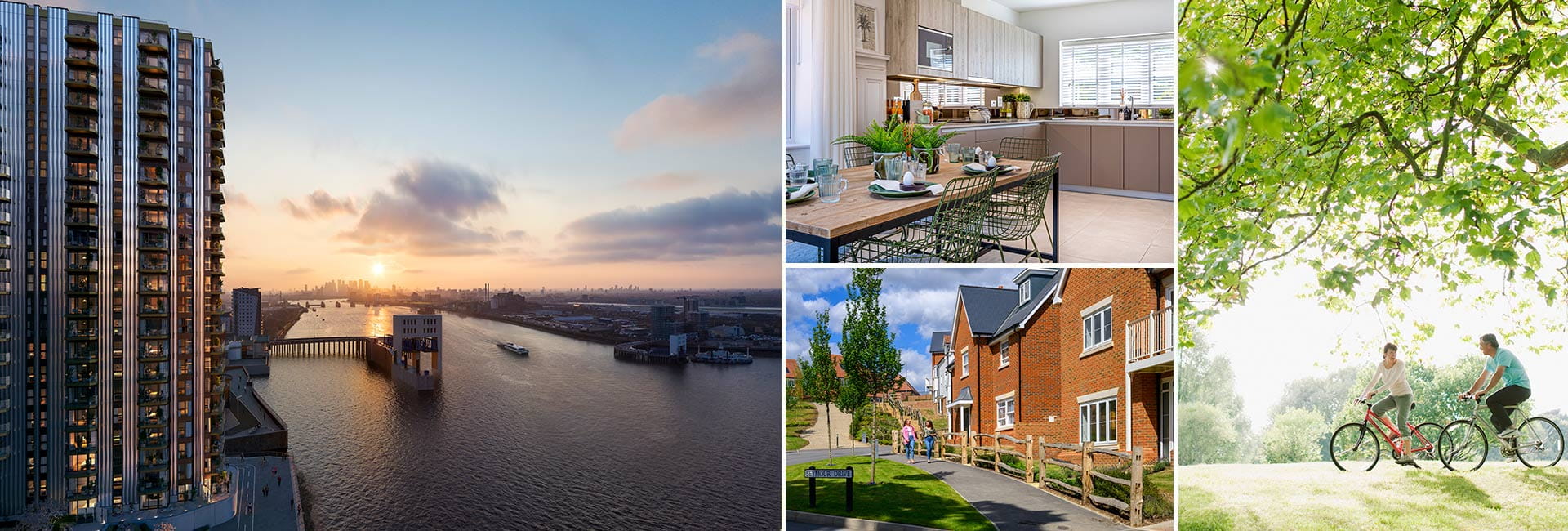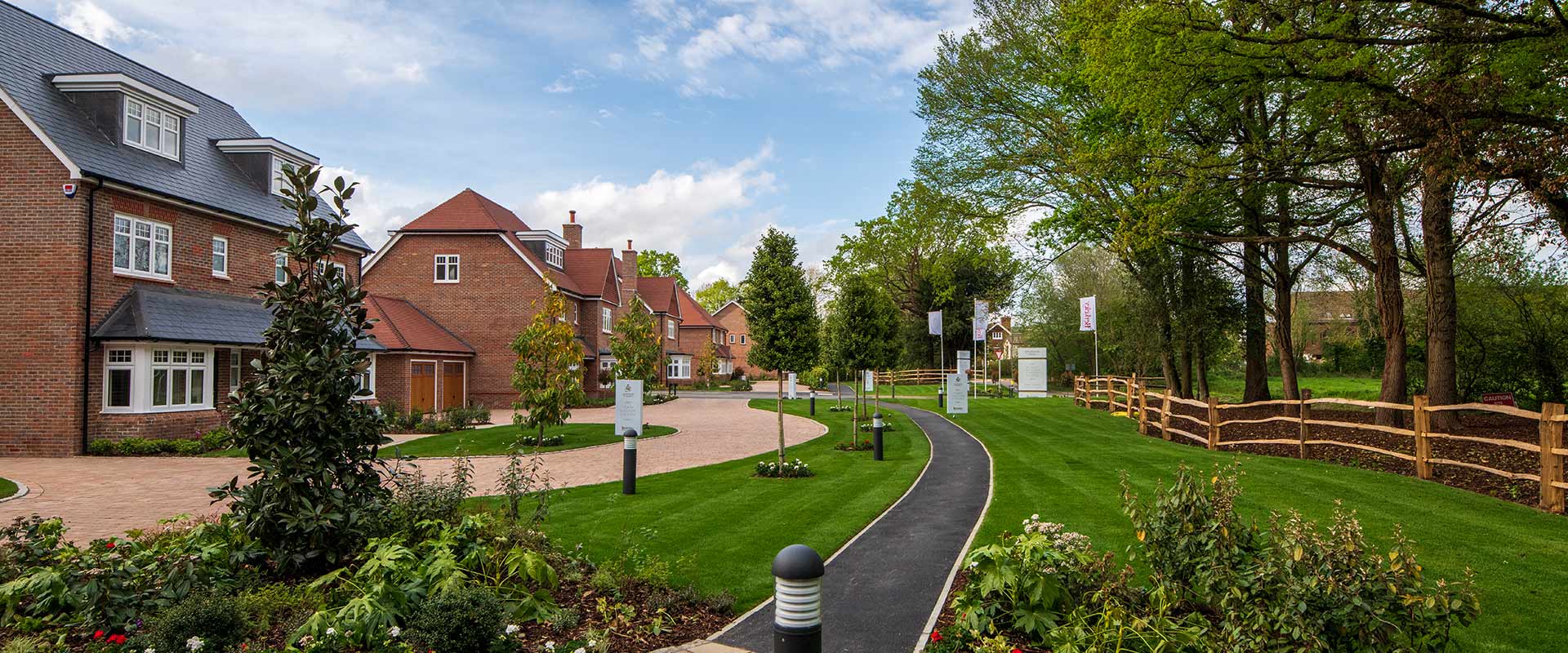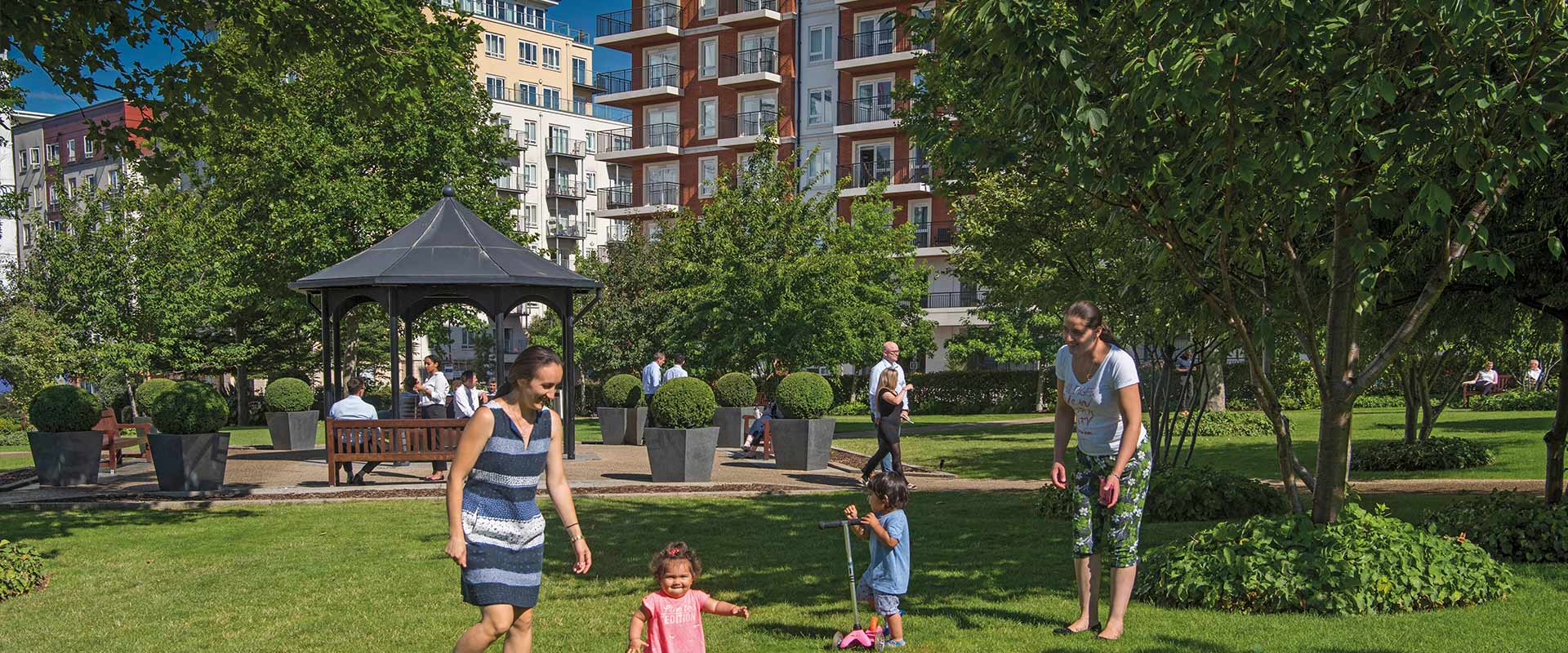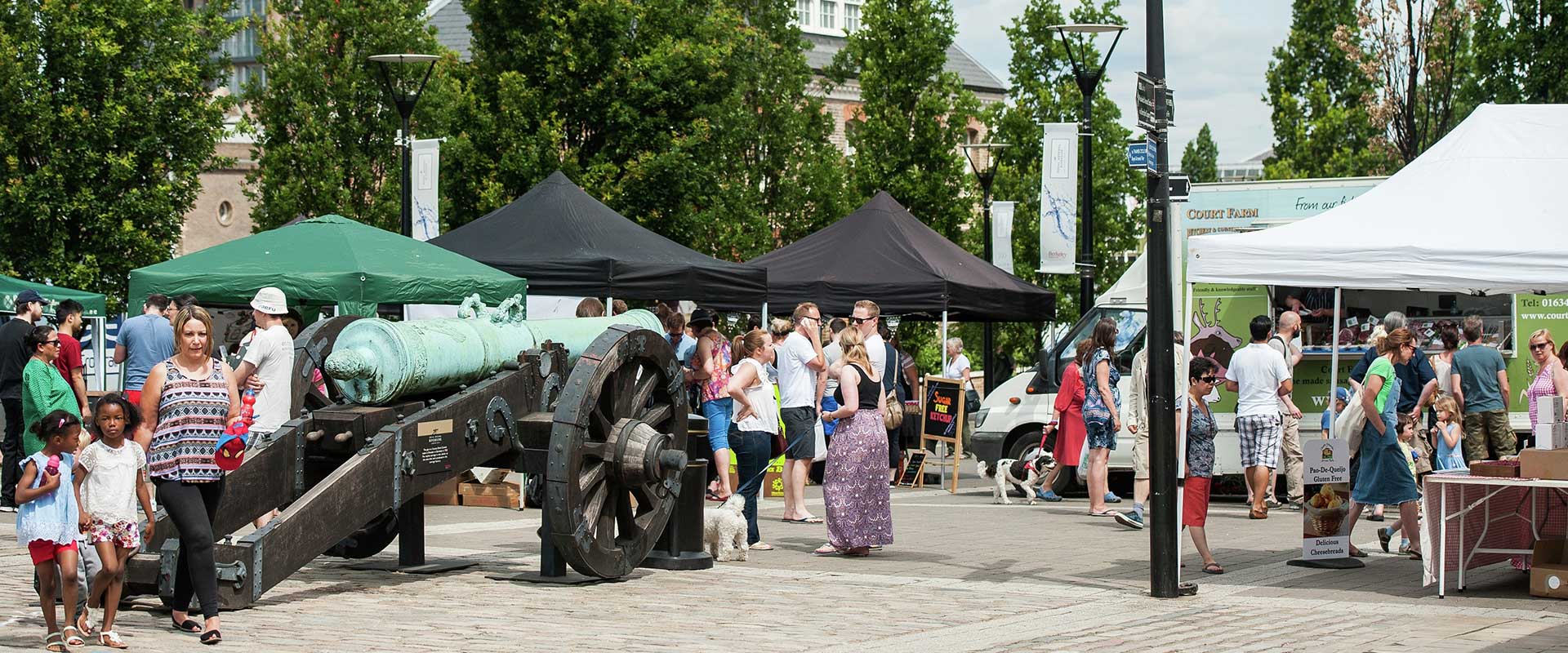First-Time Buyer Guide: London and Surrounding Areas
Buying your first home will be one of the most significant milestones in your lifetime - especially if it’s the home you’ve always wanted.
As with any new experience, knowing how to approach your first house hunt can feel a little overwhelming - but help is at hand. Our comprehensive guide has everything you need to know about being a first-time buyer in London (and surrounding areas) to help you get started.
What is a First-Time Buyer?
The term ‘first-time buyer’ refers to someone who has never owned a home before. You cannot be a first-time buyer twice. Therefore, if you have owned a property previously, you won’t qualify as a first-time buyer. If you’re buying with someone else, the same rule applies to them if they have owned a property in the past—even if the previous property has been sold.
However, there are a few exceptions to this rule.
Who Qualifies as a First-Time Buyer?
Someone who has never owned a property before will qualify as a First-Time Buyer. But what if you’ve acquired a property through other means?
For example, if you inherit a property, you will own part-if not all-of the property. While you technically own a property, as long as you’ve never purchased a home before, you will still hold a first-time buyer status.
The same applies to owning a shop before owning your own home—providing your commercial property has no living quarters attached.
What Do You Need to Know as a First-Time Buyer?
While plans to buy your first home should be detailed, they shouldn’t be complicated. Knowing the financial implications of buying a first home early in the process means you can put the right plans in place now, ready to benefit you later. Below are some key considerations to consider when buying a first home.
How to Get a Mortgage as a First-Time Buyer
It’s important to set realistic expectations for what you can afford when buying your first home. To make this easier, the total figure is usually split into two funds: the deposit (an initial upfront payment) and the mortgage (a loan repaid over a select period).
Typically, the maximum amount you can borrow for a mortgage is determined by a bank or mortgage lender. This is calculated using a range of factors, including your annual income or combined annual income (should you plan on buying your first home with a partner).
It’s worth noting that you will be required to repay the final figure in monthly instalments—so make sure this stays within your means. Mortgage advisors can provide specialist advice and support that’s tailored to your situation.
Our Top Tip for Mortgages as a First-Time Buyer
Set a budget of what you can comfortably afford before searching for your first home. A mortgage payment calculator can give you a better idea of your monthly mortgage repayments.
Keep in mind that interest rates can vary, so factor this into your monthly repayments to avoid overstretching yourself.
How Much Deposit Does a First-Time Buyer Need?
A First-Time Buyer will usually need between 5% to 15% of the overall property value for a deposit. The Help to Buy scheme was introduced between 2013 and 2021 to help first-time buyers purchase their first property - like first-time homeowners Ben and Aiysha.
Should you have a Help to Buy scheme, your property must meet certain criteria. If your property qualifies for Help to Buy, you should expect to pay a minimum deposit of 5% of the property price. If your property does not qualify for Help to Buy or you don’t have a Help to Buy scheme, low-deposit mortgages can also be as low as a 5% deposit. However, most banks and lenders will request a minimum deposit of 10% to 15% of the house price.
Generally speaking, a larger deposit means you’re deemed less of a ‘risk’ to lenders - often getting you better mortgage rates and deals in return.
Remember: your deposit and mortgage go hand-in-hand. You can calculate your maximum deposit to find out your monthly mortgage payments - or work backwards by using our mortgage payment calculator to determine the deposit you will need.
Our Top Tip for Deposits as a First-Time Buyer
Save sooner rather than later. Once you’ve got your deposit together, that’s one less thing to worry about. This means that any extra savings you have can be put aside to cover other expenses such as property fees, moving costs and personal touches for your new home.
Do First-Time Buyers Pay Stamp Duty?
As of 2023, first-time buyers will not have to pay stamp duty tax on a home worth up to £425,000. If the home is valued over £425,000, you will be required to pay stamp duty tax on the property. This will be charged at 5% on anything over £425,000—up to a maximum of £200,000.
Our Top Tip for Stamp Duty as a First-Time Buyer
As a first-time buyer, you won’t pay any stamp duty if your home costs £425,000 or less.
However, if your budget is above £425,000, keep in mind that you will have to pay stamp duty tax—and factor this into your overall savings.
‘Hidden’ Costs for First-Time Buyers
Mortgages, deposits and stamp duty tax (where applicable) will be some of the largest outgoings you’ll have when buying a first home—but what are the lesser-known costs? Whether it’s your first home or your final move, there are some standard fees to consider with any new property. These include:
Mortgage arrangement fees
A mortgage arrangement fee is a fee that covers the arrangement of your mortgage. This fee may be added to the mortgage or paid up-front, depending on the mortgage lender.
Surveyor’s fees
A surveyor fee is a fee paid to a licensed surveyor to check that the property complies with building standards and regulations. This includes inspecting the property for signs of structural damage, plumbing issues and damp.
Legal fees
Legal fees are paid to a solicitor/conveyancer to cover the costs of the legal work associated with buying your property.
Removal fees
Should you decide to use a removal company to help you move your belongings into your new home, it’s likely that you will have to pay to do so.
Furniture, white goods and redecorating
Although not necessarily ‘fees’, furniture, white goods and redecorating can be essential to make your house a home - and an added expense when buying your first home.
Key Considerations for Buying Your First Home
Understanding the financial implications for a first-time buyer is a great first step, but how can you make sure it’s for the right home? Here are our three top tips for buying a first home that suits you:
- Do your research
Older property or new build home? City living or rural community? Green landscape or riverside setting?
The right home equals happiness, so do your research to decide what you like—and what you don’t. Think about your lifestyle, your location and your interests to find a home that aligns with your priorities.
- Love your location
While you can change the look of your home, you can’t change its location. Think about where you like to spend your time and explore the surrounding areas to find options that fit your price range.
For example, Reading can provide you with convenient transport links into London, with connections such as the Elizabeth Line. Plus, you’ll have access to nearby neighbourhoods such as Ascot, Slough, and Warfield, should you want a change from the big city.
- Think longer-term
Can you see yourself living in the property in 3-5 years? Your first home is likely to be a big investment, so consider how the space in your property will flex to accommodate any future plans.
Weigh up the pros and cons of one or multiple-bedroom homes, should this be an option within your budget.
- Affordable housing
Some first time buyers (and other buyers) could be eligible for affordable housing, which are homes offered to rent or buy below the full market value. These schemes have local eligibility criteria and buyers will need to research whether they qualify and how to apply.
Buy Your First Home With Berkeley Group
If you’re interested in a new build property and a first-time buyer, you may be eligible to your own Berkeley home with only a 5% deposit. That means that from spacious apartments to stunning family houses, you can enjoy a first home that’s designed to elevate your everyday living.
Whether that’s homes immersed in nature, like those in Kent, or close-knit communities in Birmingham, our developments let you reside in beautiful spaces across the country. Browse our ready-to-move-in homes today or register your interest in a forthcoming neighbourhood to give you longer to plan your finances.
Alternatively, read our 10 steps to buying a new build house or discover Berkeley Inspiration for more about life at our developments.



